Apes Together Strong
'They create Swiss francs from the thin alpine air where the Swiss money grows' - and then buy Gamestop shares!
The Swiss National Bank has monetized about $12 million worth of Gamestop shares! (And $10 billion worth of Apple)
It’s no big deal. Perfectly normal to be able to create currency out of literally nothing - with no limit - and buy real assets.
Frankly, it’s a great deal for the Swiss (and the other cartels who do this.) Price literally means nothing to them. The only real risk is bankruptcy, right? But so what if one of your holdings goes bankrupt? Just print more!
Why not simply create enough Swiss Francs to convert to dollars to buy up every public company in the world?
You could then distribute the shares evenly to all Swiss citizens, and everyone would be rich and could buy Tesla’s and private jets.
Sure the Franc’s value might drop - someday, maybe - but they’d own every company in the world with everyone else holding Treasuries and MBS.
Nothing I’m saying here is any goofier than utterly idiotic things like, say, negative rates, which were thought up and implemented by people with far too many more years of college, and higher IQ’s, than me.
And most of the world cheered them on.
Q: According to the latest SEC filings the SNB’s portfolio of US stocks has grown to more than $60 billion. [How quaint! They’re now up to $145 billion or so - rh]
Yes, they own a lot of everything. Let us consider how they get the money for that: They create Swiss francs from the thin alpine air where the Swiss money grows. Then they buy Euros and translate them into Dollars. So far nobody’s raised a sweat. All this is done with a tab of a computer key. And then the SNB calls its friendly broker – I guess UBS – and buys the ears off of the US stock exchange. All of it with money that didn’t exist. That too, is something a little bit new.
You too can invest in a private central bank that can create money out of nothing!
My one regret is that I never made it to #1.
I was reminded of this classic tweet because I noticed that the CFA asset-gatherer who wrote it is still out there doing podcasts and other nonsense. If I remember correctly, my second-place award was prompted because he thought Ben Bernanke was a hero, and I disagreed.
Today’s Gaslighting: Rent is Nearing Deflation Nationally According to RedFin
As usual when people with a net worth less than 7 or 8-figures chime in, the comments are amusing:
Yea? Wanna tell that to my landlord? And everyone I knows landlord?
for some reason that 17.5% inflation is acceptable but even 1% of deflation to get back to trend is the end of the world. tired of this
This literally just means rents are approaching no longer going up. Doesn't mean they are going down.
Let’s look at rents a bit longer term…
The horrific possibility remains that some Americans may see their rent not go up as much this year as last year, or even - God forbid - go down a bit.
Jim Chanos & Bethany McLean on Regulators, Enron, Earnings Adjustments, & The Golden Age of Fraud
Quoth the Raven #311 - U.S. Dollar & Sovereign Debt Endgame, with Larry Lepard & Andy Schectman
Marty Bent with Lee Slusher: An Ex-Intelligence Analyst's View on Ukraine
An unsolicited plug for The Acquirer’s Multiple Get on their email list. Lots of good links, and Tobias is cool, and has a good podcast.
Seems like there are a bunch of new revisionist Waco TV show lately. Instead, check out the original definitive documentary, Waco: The Rules of Engagement.
From the highly recommended Almost Daily Grant’s:
The NYSE’s FANG+ Index, an equal-weighted ten-stock gauge of mainstays like Apple, Amazon, Tesla and Nvidia, has logged an eye-popping 45% advance thus far in 2023, pushing the group’s collective market capitalization above $9 trillion from $6.5 trillion at year-end. That $2.5 trillion in additional market cap virtually matches gains for the broad S&P 500 – which is up 8% in the year-to-date – while an equally weighted version of the broad index remains stuck almost unchanged.
A former regulator credited with stabilising the US banking system during the 1980s crisis has hit out at the decision to sell First Republic to JPMorgan Chase…“You make the largest banks bigger and bigger and you have fewer choices going forward. The FDIC has fewer choices next time and consumers have fewer choices.”…
“We are kidding ourselves if we think there are only four problem banks in the country,” Isaac said. “We have not gotten that smart. It’s been so long since we had a lot of problems, that I can’t help but think that there are going to be more problems.”
We have gone back to bailing out the banks
What about the risk to taxpayers? The problem is that “a series of multibillion-dollar bailouts of struggling banks” is precisely what US authorities have been engaged in. The value of the uninsured deposits that have been explicitly or, in effect, guaranteed after the fact is in the hundreds of billions.
…Even if it was right to cover the deposits even of midsized companies to keep their payroll operations chemically free of risk, this argument surely cannot justify covering the billion-sized deposits of banks with trillion-sized balance sheets. If the FDIC had taken First Republic through its regular process — or even if it had only bailed out deposits up to $2.5mn, an option it aired in its new paper on deposit insurance reform — it would have had (at least) $29.973bn more to play with.
Instead of an estimated $13bn loss, the agency could have expected a $17bn gain.
To have to bail out very solid investors in one or even two banks may be regarded as a misfortune. To give a $30bn bailout to megabanks in a third case begins to look awfully like wilful negligence.
Maybe we just should’ve listened to Jim Grant a dozen years ago: To restore real capitalism, put the fear of God back in Wall Street
Or this, more recently:
Recent events have clearly shown that regulators cannot be expected to solve all of the financial stability problems in our complex banking system. It is time to acknowledge that the cost-effective solution to such problems lies in decreasing the reliance of banks on deposit funding where the costs are in effect subsidised by the implicit state guarantee.
Banks need to substantially increase their equity funding, thereby increasing the skin they have in the game when it comes to any risks they take.
Private equity is being squeezed from all sides
Private equity, according to Ballou, is an extractive institution, which exists to suck incomes and wealth from one subset of society to benefit a different subset. Such institutions don’t create economic growth but destroy it. They also acquire privileges through their political connections. Ballou complains that private equity firms have evaded responsibility for their actions: when taken to court, they claim they are not owners but advisers to the funds that own the companies. The industry, he says, has its tentacles deep into federal and local government. Several prominent Washington insiders, including former Treasury Secretary Timothy Geithner, now work in private equity.
I love Chancellor’s analysis of monetary policy, but I lean more to Ballou than Chancellor on the PE topic.
Q: If Sam Zell was sitting at the head of the Fed right now,
what would be the next move you would make?
Sam Zell: Raise interest rates…If we don’t stop inflation - it’s a very, very deleterious thing. It robs the purchasing power of everybody. Until 1971, the world was protected from inflation by the fact that we didn’t have fiat currencies, we had currencies that were pegged to the price of gold, and then in 1971 we converted from pegged currencies to fiat currencies, and today there’s nothing backing the U.S. dollar.
Check out Zell’s description towards the end of the podcast of his 2007 sale of Equity Office Properties to Blackstone. I particularly liked the dig at Barry Sternlicht.
Speaking of 1971…

Maersk warns of ‘radically changed’ world as profits tumble Maersk said it expected economic growth to be “muted” and that the container market, a proxy for global trade, was most likely to contract. Maersk has started slow steaming — cutting sailing speeds to save on fuel bills — and reduced the number of vessels it charters in an attempt to minimise costs.
Some large-cap short ideas (MCD, DIS, AMD) I am NOT recommending shorting anything here, I just often like the writing of whoever writes at the Credit Bubble Stocks site. I also can’t get over that McDonald’s sells for over nine-times sales!
Check out a recent related Jesse Felder article.
I think I’m the only person left on Earth who has not started a podcast or been a guest on one (but that may change soon.)
Anyway, here’s a random post I came across from someone who suggests this is kind of like 2008, but worse: Commercial Real Estate is a disaster
…in 2008, all of the problem was caused by about $90 billion in houses defaulting. The entire commercial office space market is $3.2 trillion. And we’re looking at a decrease in value of 40-80%. That would be marked to market losses of $1.12 to 2.3 trillion. Quite simply, this is going to make 2008 look like a trial run.
The only good news is anyone anywhere close to commercial real estate sees this coming from a mile away and everyone is setting off the sirens early. Why do you think there are a dozen articles every day saying we all need to get back to work?
What We've Learned by Assessing More Than 300 Potential Office-to-Residential Conversions Our analysis has grown to over 300 buildings in 25 cities across North America, and through that process we’ve made some interesting discoveries. Our data reveals that only 30% of the buildings scored make for suitable candidates for conversion.
OMG. We need ZIRP NOW!
Hamptons summer rentals are poised to take a hit this year, brokers say
“some brokers note this is just an inevitable correction from absurd pandemic prices.”
Interesting comment on residential real estate:
“Lender here…Essentially the easy money is gone and the amateurs are complaining.
Here is where I'm seeing good returns using current high rates.
People buying houses below market value. It happens, but is not a consistent way to buy properties.
Value Add or BRRR deals. The easy flips that just need paint and carpet are gone. I'm talking houses abandoned for years that needs major repairs and only people that have their other business as a general contractor make sense to keep renovation costs low.
Section 8. Buying a house and dividing space to add more bedrooms. Section 8 pays rent by the bedroom, so a 1000 SF four bedroom unit for section 8 will pay far more than a 1000 SF two bedroom market rate unit.
Rent by the bed for college students near universities.
Ground up construction building for cheaper for rent housing. This is hard because land values are inflated, but it does work in some areas.”
A lot of people seem worked up over the dollar lately, some saying it’s going to plunge. In purchasing power, of course it’ll continue to plunge. Against other currencies, I’m not so sure.
The dollar is competing against the Euro, a pretend currency, the Yen, which the BOJ has forever been desperately trying to hyperinflate, the pound, which was good as gold until BREXIT ruined it, and Trudeaucoin.
Just 30 days until the next Fed Decision.
We’re probably going to have to invade Zimbabwe soon: IMF Cautions Zimbabwe Against Plan for Gold-Backed Digital Money
I believe this was written around 1948. Many artists have covered it. Not sure who wrote it. I wasn’t there. It’s often attributed to Jimmy Witherspoon.
Well, money's gettin' cheaper
Prices gettin' steeper
Found myself a woman
But I just couldn't keep her
Times gettin' tougher than tough
Things gettin' rougher than rough
I make a lot of money
I just keep spendin' the stuff
Well, pork chops on the market
Ask the butcher for a pound
Couldn't buy a pork chop
When I laid my money down
Times gettin' tougher than tough
Things gettin' rougher than rough
I make a lot of money
Just keep spendin' the stuff
Well, politicians are tellin' folks
To cut out on their meat
Why don't they cut the price
And let the people eat?
Times gettin' tougher than tough
Things gettin' rougher than rough
I make a lot of money
I just keep spendin' the stuff
Well, I can't afford to live
I guess I'll have to try
Undertaker's got a union
And it costs too much to die
Times gettin' tougher than tough
Things gettin' rougher than rough
I make a lot of money
I just keep spendin' the stuff









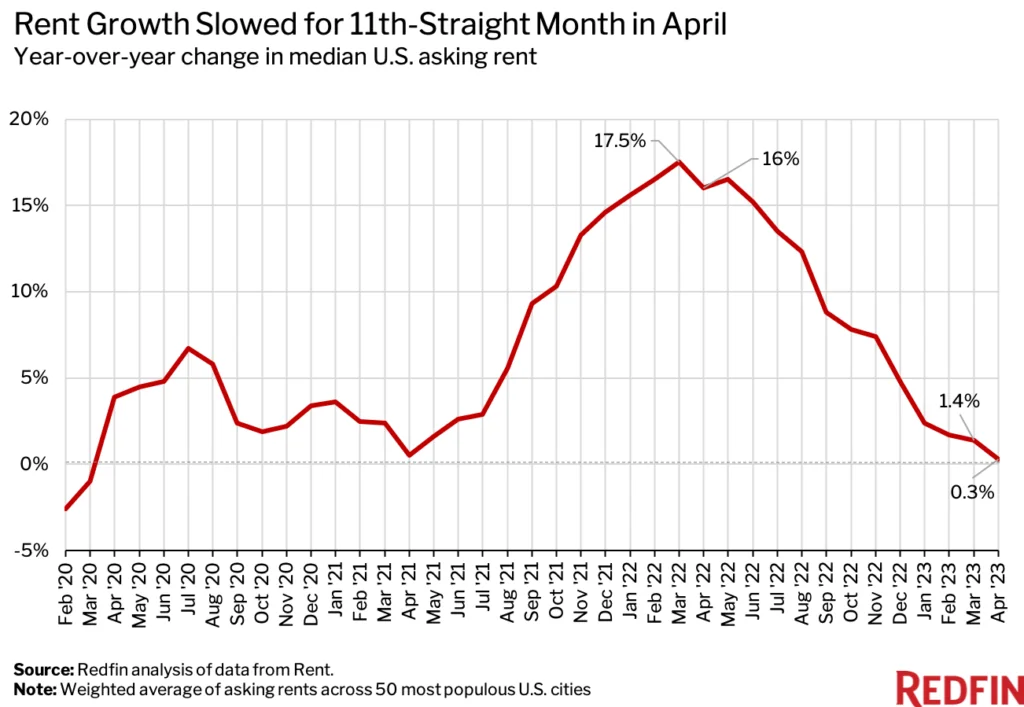



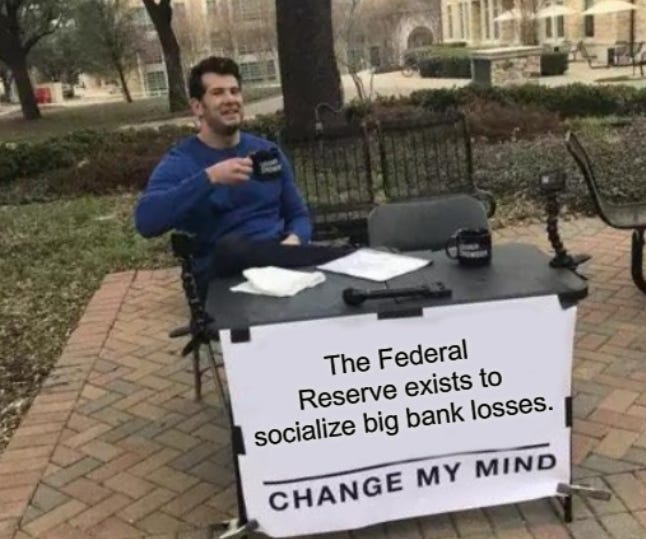


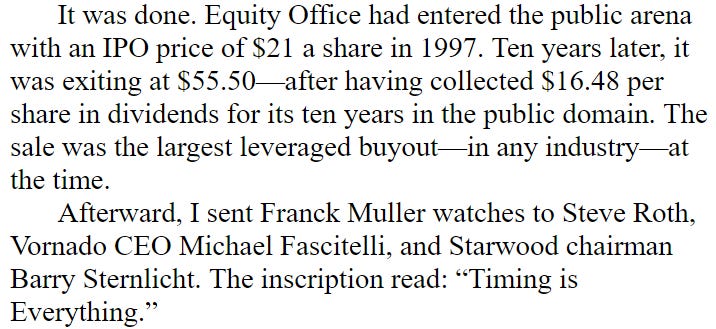
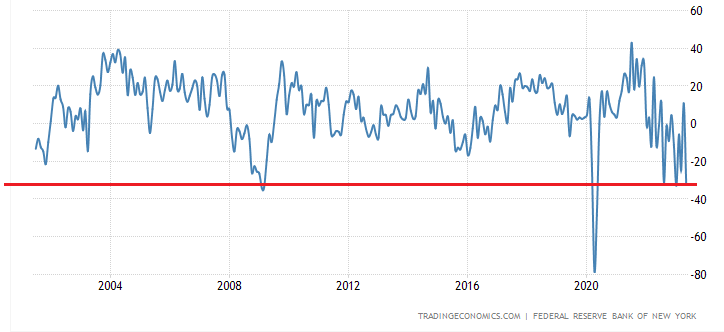



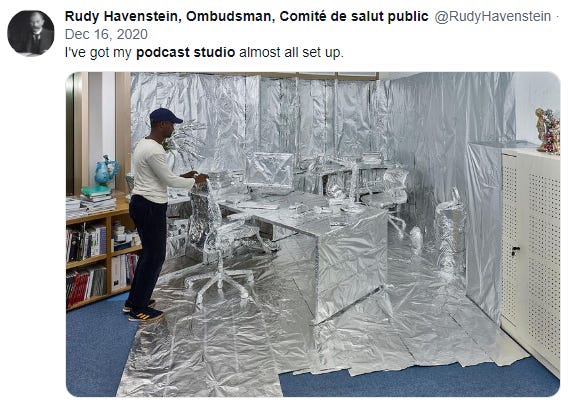



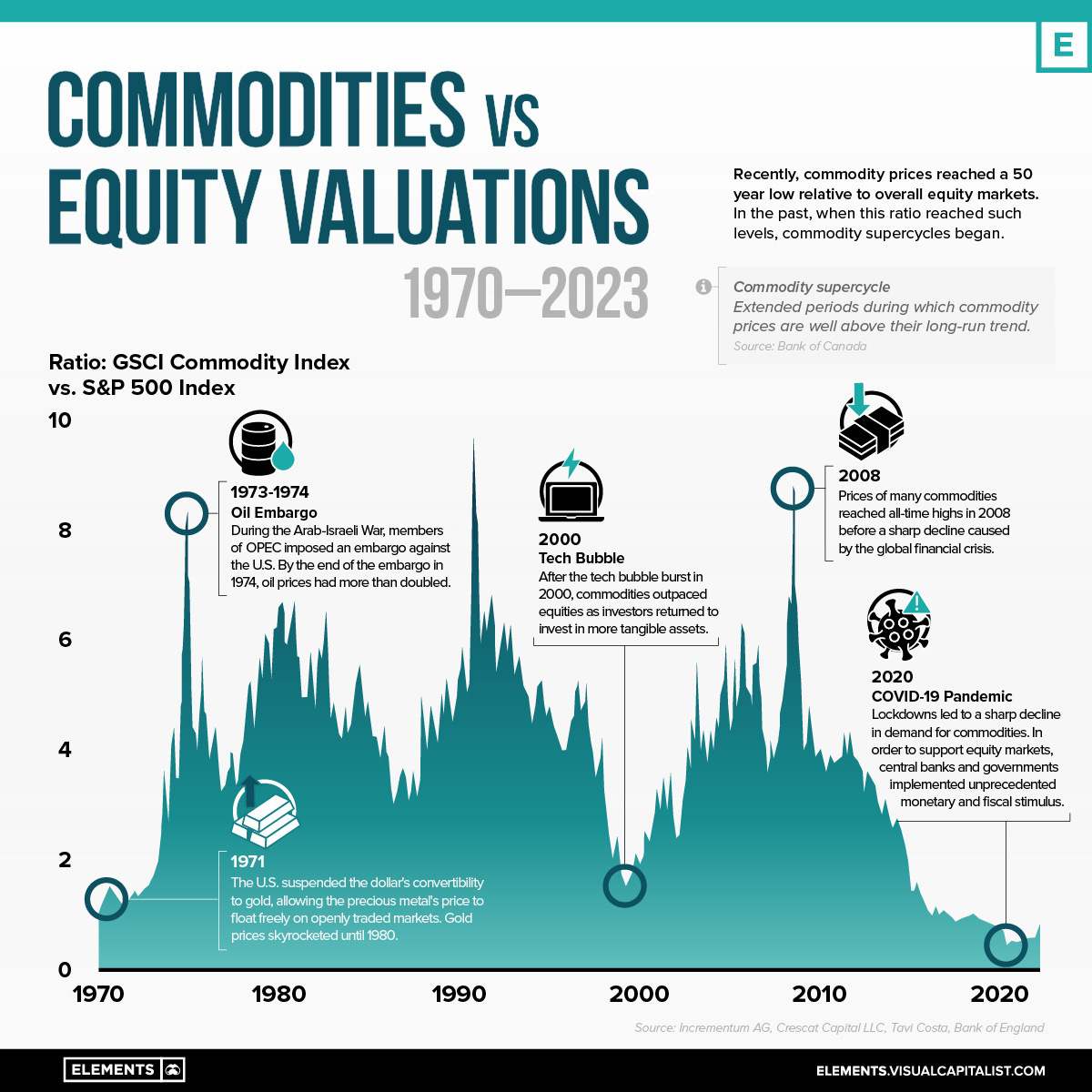

People don't like sarcasm because it makes them think before they're offended...
“We’re probably going to have to invade Zimbabwe soon”
Hilarious... but horrifyingly probably true also.